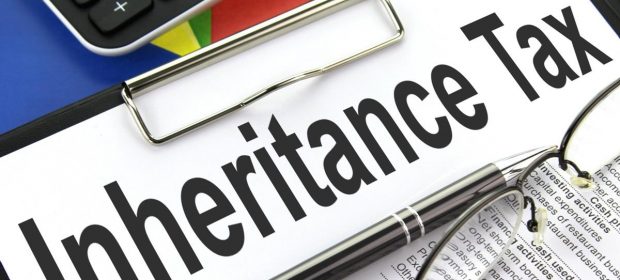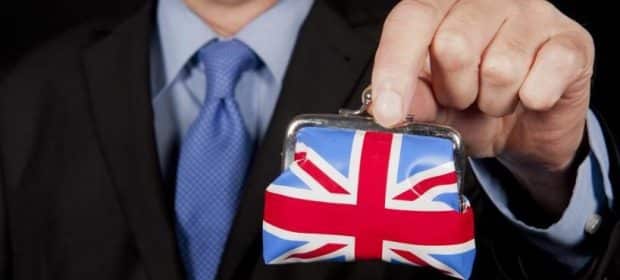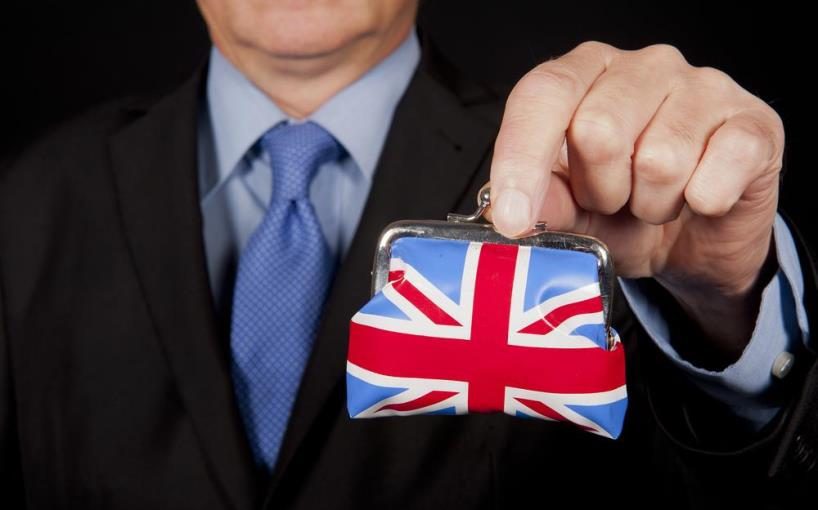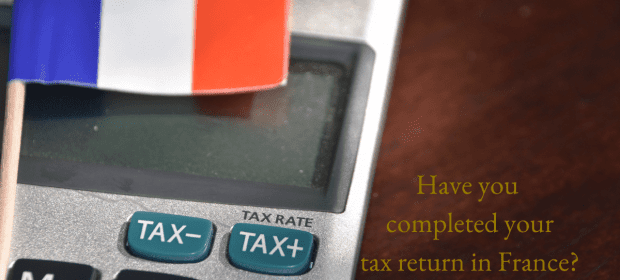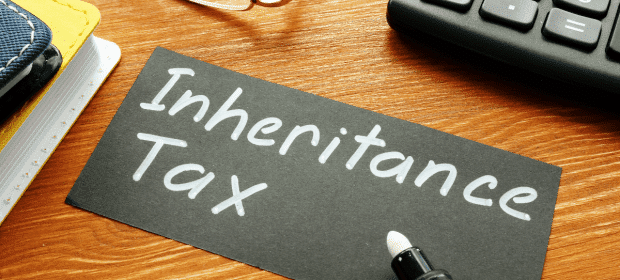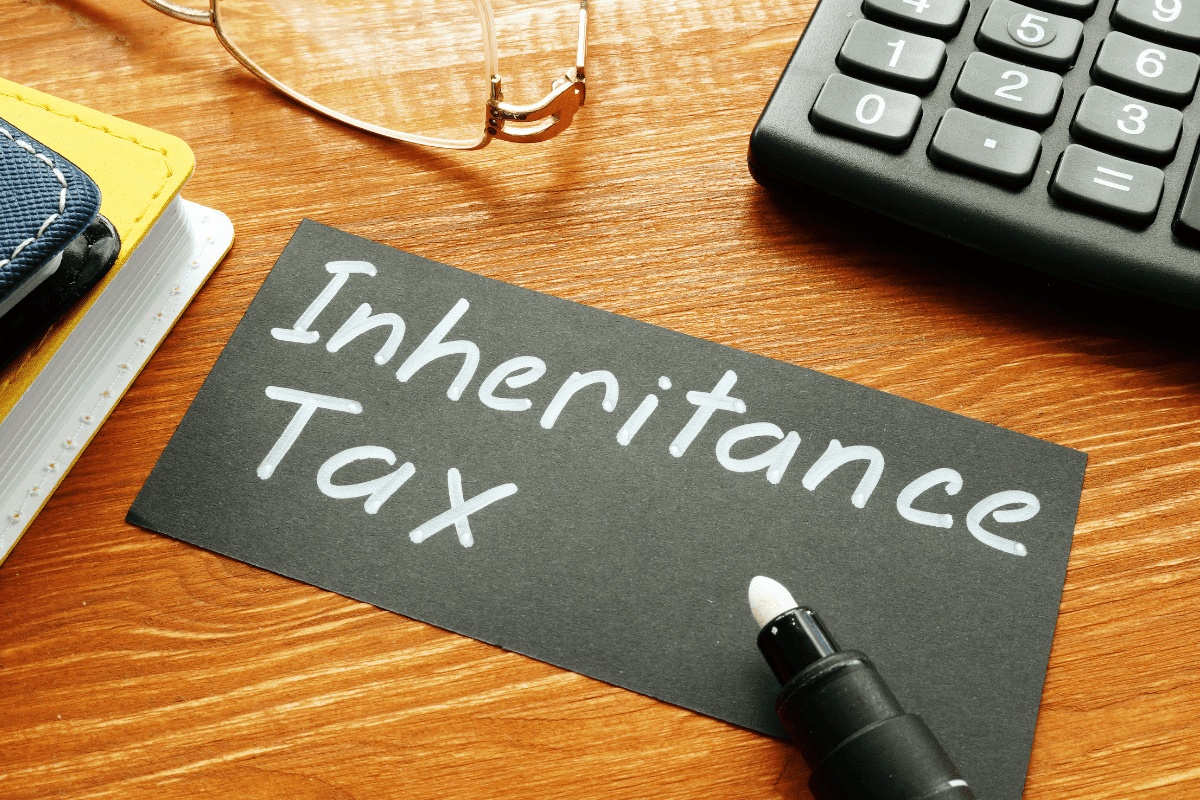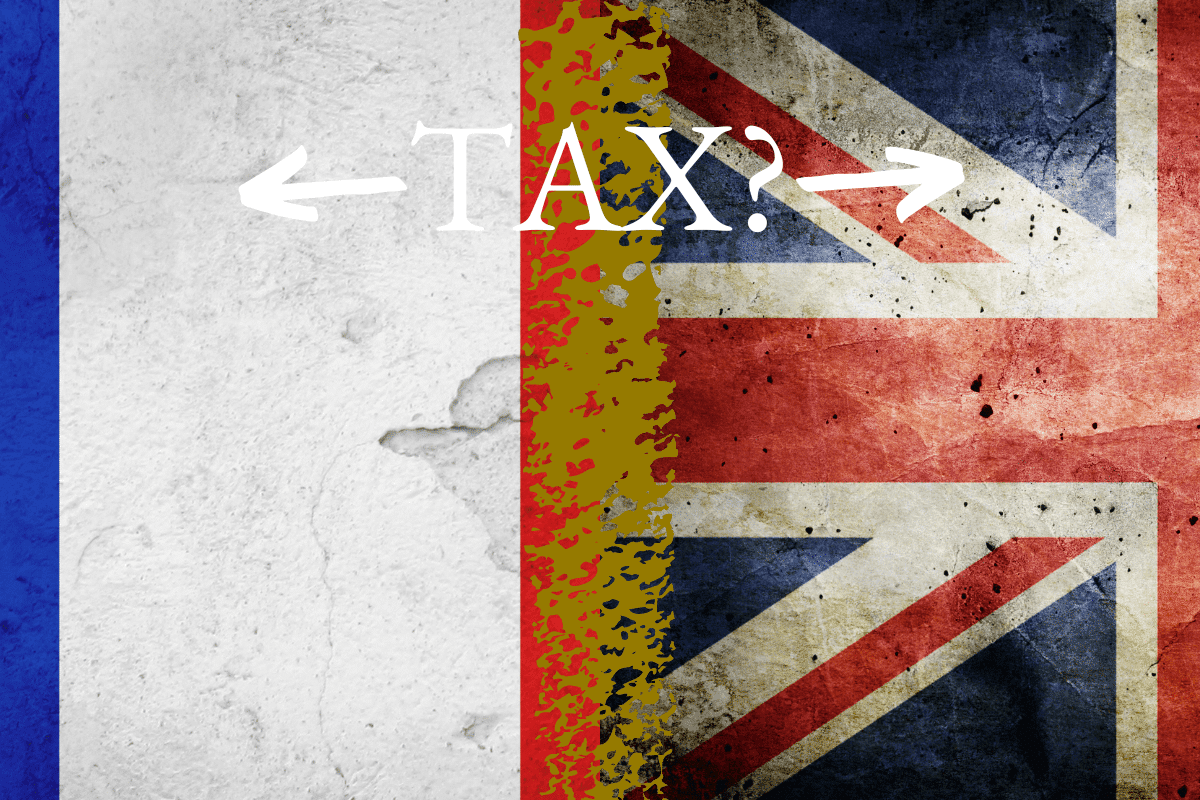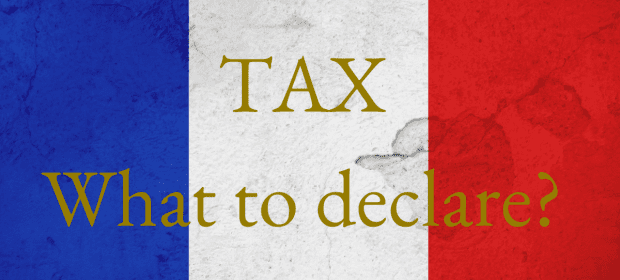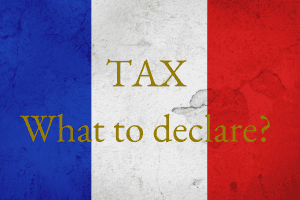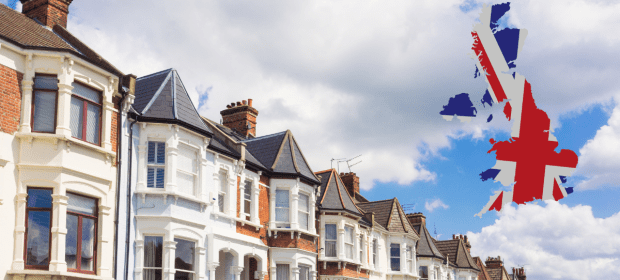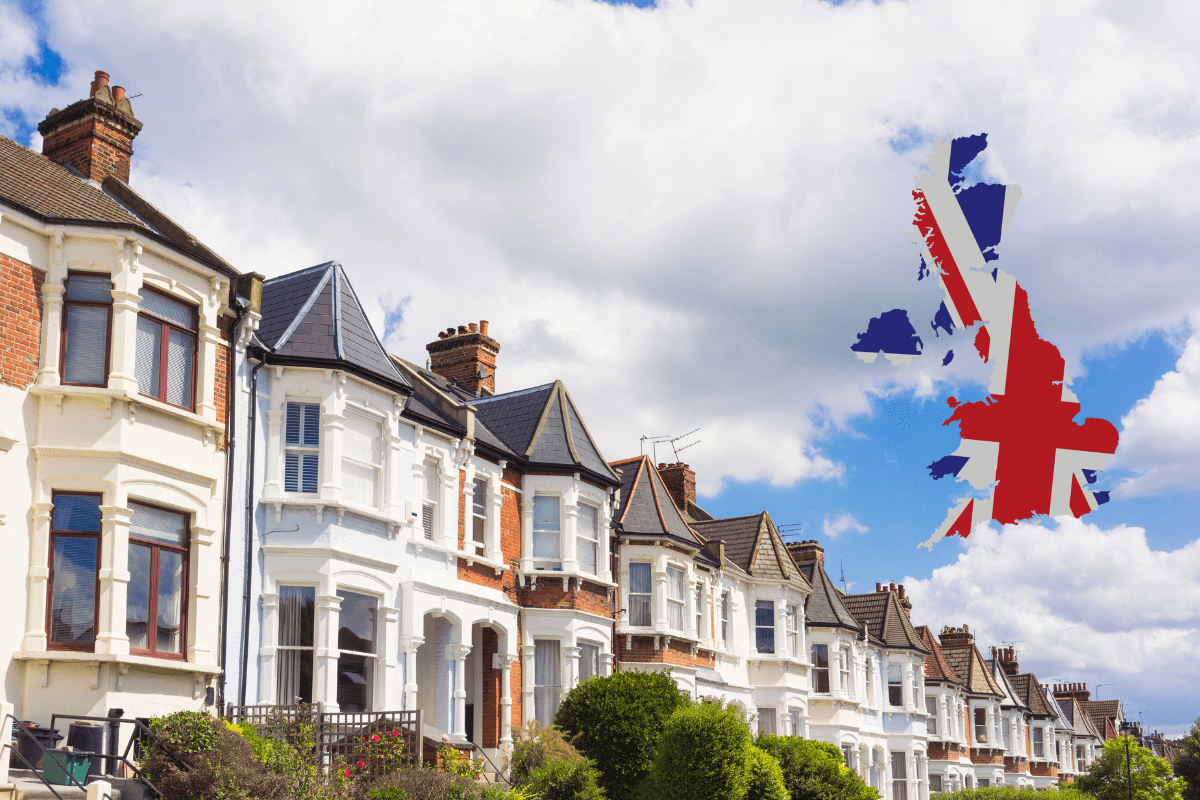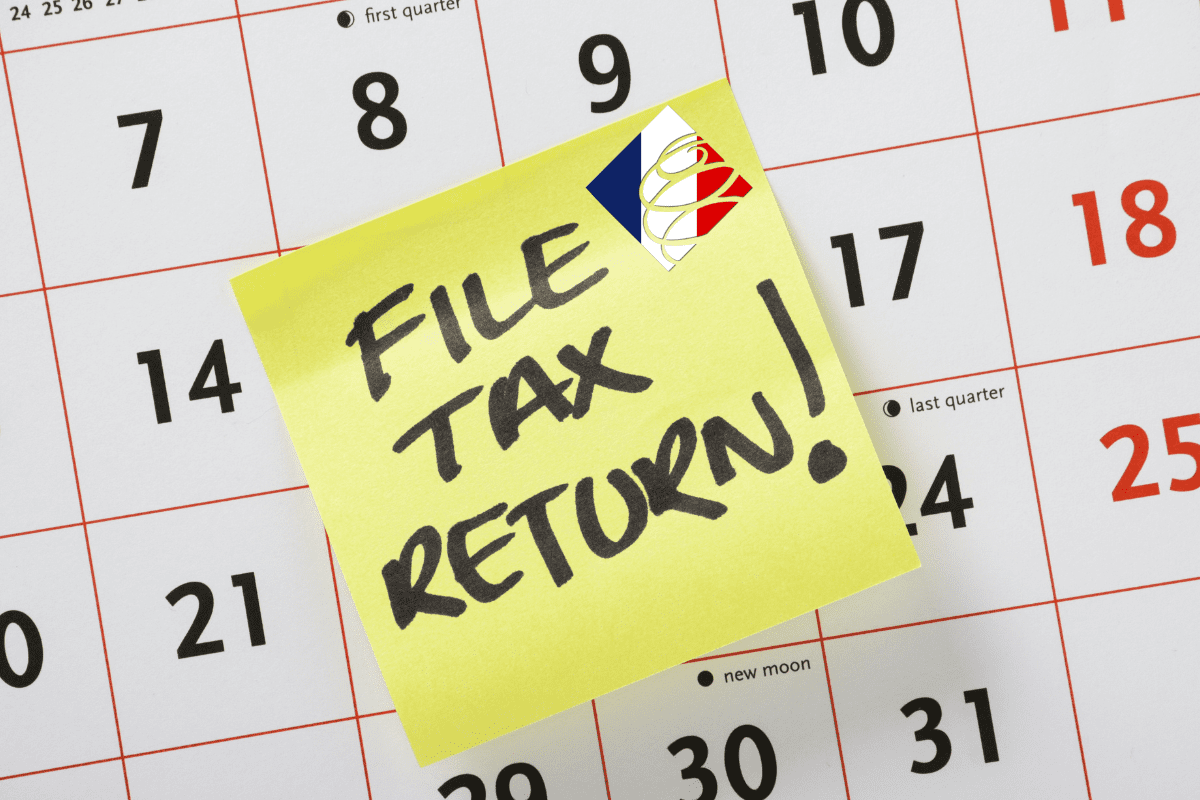Why does inflation matter?
If you know anyone who lived in Zimbabwe in the years 2007-2009, they will tell you why. Inflation peaked at close to 80,000,000,000% meaning prices were doubling every day and there were scenes in the news of people using wheelbarrows to carry their money around! The central bank published bank notes of ever-increasing value and at one stage it was reported that a loaf of bread cost the equivalent of $35million!
A colleague of ours who is based in Italy, professes to have a 100 trillion dollar note issued by the Reserve Bank of Zimbabwe in his office.
Of course, this is an extreme example (although not unique), but there are multiple reasons why governments and central banks become a little jittery when inflation starts to increase beyond their targets, not least because of inflation’s tendency to be self-perpetuating. For example, inflation is increasing therefore workers demand higher pay increases. Higher pay increases lead to businesses clawing back these extra wage costs in the form of higher prices for their goods/services. Consumers notice that prices are rising and demand higher pay increases and so on. This is a little simplistic, but hopefully illustrates the point.
In the past, governments and central banks (often through interest rate increases) have acted quickly and decisively to try and control this inflationary process. Currently however, governments and central banks seem a little more relaxed about the matter – at least in the short term. One of the many reasons for this is down to the pandemic-ravaged economies around the world which are recovering, but still fragile..
How long will this period of higher inflation last?
This is a difficult one to answer.
Here is what two of our investment partners say on the matter:
“We do not agree with theories of runaway inflation, currently a hot topic among market commentators. To summarise briefly, the main reason for the spikes we are seeing today is that prices were abnormally low a year ago, and the rate at which they have risen since has been exacerbated by COVID-related dislocations in spending, employment, production and logistics. We believe – as US Federal Reserve Chairman Jerome Powell has been at pains to note – that unusually high US inflation will be transitory. But it’s worth clarifying what we mean by transitory. We don’t mean that inflation will be back on target by year end. Instead, we see it peaking in the next month or two, before falling back toward 2% throughout 2022.” Julian Chillingworth, Chief Investment Officer, Rathbones – 7th July 2021.
“Lower for longer’ was a term used to describe the post-credit crunch interest rate environment, a period in which interest rates languished near 0%. The promise of rates being lifted as the global economy strengthened never really materialised: rates stayed lower for much longer than originally planned – a decade – and then came Coronavirus. We’re now seeing a similar story take shape, this time on the subject of inflation. The Central Banks reiterate that accelerating inflation is ‘transitory’ and not a cause for concern, but it’s the Manager’s advice that investors prepare themselves for a different truth entirely: inflation is going to be higher for longer.” VAM Funds, Monthly Market Outlook – July 2021.
And from other sources:
“Higher Inflation Is Here to Stay for Years, Economists Forecast.” The Wall Street Journal, Headline on 11th July 2021.
“The ‘inflation is transitory’ argument is starting to wobble…the debate about temporary or problematic inflation will continue for months and will grow more heated.” Greg McBride, Chief Financial Analyst at Bankrate.com
Is it possible to protect your savings from the impact of inflation?
Yes – to some extent.
If you chose to keep all your savings in bank accounts in the UK, France or elsewhere the chances are that any interest you will receive will be a very small fraction of 1%.
If your cash is in a French bank account, balances up to €100,000 per person, per banking group (€200,000 for joint accounts) are protected. In the UK, cash deposits are protected to a limit of £85,000 per person, per banking group (£170,000 for joint accounts).
These guarantees undoubtedly provide some comfort in relation to the security of your funds, but over time the effective value of your savings will diminish, and this will occur more rapidly in a higher inflationary environment.
For example, if inflation were to average 2.5% for the next 10 years, £100,000 of savings today, would be worth only £78,120 in today’s terms, in 2031. To consider this in a different way, for £100,000 to keep pace with inflation, in 10 years’ time it needs to have grown in value to £128,008. This erosion of value is even more marked over longer timescales.
The simple truth is that there is no certain way of keeping up with or indeed beating inflation, without accepting a degree of risk. Thus, we have a choice, leave our savings in a bank account, and accept the certainty that inflation will erode our wealth if we don’t do something about it, or talk to someone who has the expertise to invest money in a manner that will give the possibility of a positive return within the parameters of your personal objectives and appetite for risk.
It is advisable to hold at least six months of your average monthly outgoings as a contingency fund for unexpected needs. With bank interest rates and inflation at their current levels, it makes sense to look at alternative homes for the excess cash over and above your ‘emergency fund’.
As most readers will know we at Spectrum are big advocators of diversification and the multi-asset approach to investing. We place our trust in our preferred investment partners to look after our clients’ money to help them achieve their financial objectives. Their investment teams are constantly monitoring the global economic, environmental, and political factors that may affect portfolios and act accordingly to produce the best outcomes for clients.
Whether you are a cautious investor or an adventurous investor, or somewhere in between, we are here to discuss the most appropriate investment solution for you. So, if you would like a review of your situation, please don’t hesitate to give us a call.
What next?
If you would like to discuss anything we have covered in this month’s newsletter, please do get in touch at Occitanie@spectrum-ifa.com or contact your Spectrum adviser directly.
We would love to hear from you with any comments and/or questions, as well as suggestions as to future topics for discussion. Finally, please feel free to pass this on to any friends or contacts who you think might find it interesting.




